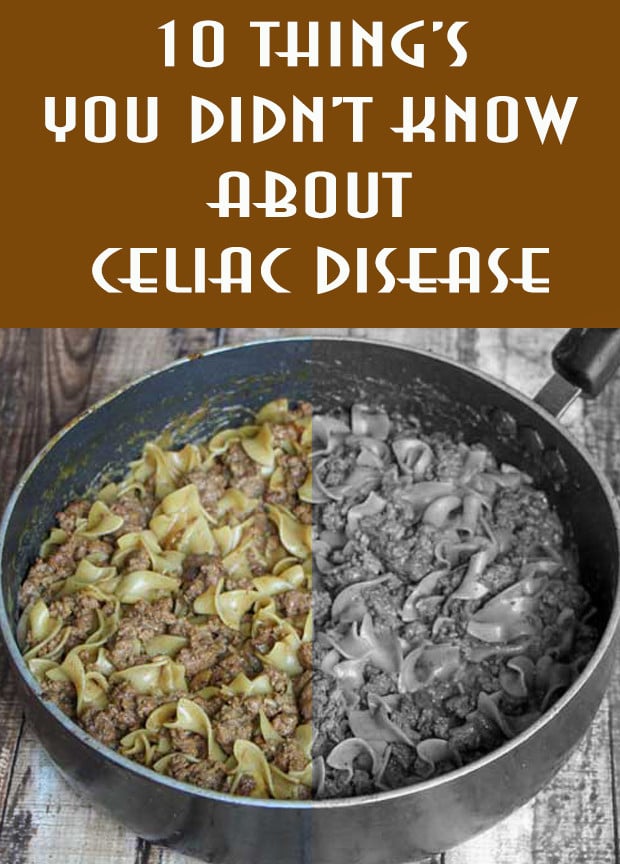The immune system is supposed to protect the body from adverse foreign elements. But because of this autoimmune disorder, the immune system forms antibodies against gluten, attacking the intestinal lining. This causes inflammation in the intestine and in the villi, which are hair-like structures in the intestine that absorbs the nutrients in the food. Because of that intestinal damage, it will be hard for the body to absorb nutrients, calcium, folate and fat.
Some of the major symptoms of the celiac disease are digestive problems like abdominal bloating, diarrhea, gas, pale stool, and weight loss. Other symptoms include severe skin rash, iron deficiency anemia, musculoskeletal problems, seizure, growth problems, tingling sensation in the legs, aphthous ulcer, and missed menstrual periods.
There are a lot of things people need to know about the celiac disease. 85 percent of individuals who have it don’t even know that they are suffering the diseases.
WHAT DO YOU NEED TO KNOW ABOUT THE CELIAC DISEASE
- With 1 in 133 Americans affected, celiac disease is more common than multiple sclerosis, type 1 diabetes, and rheumatoid arthritis.
- Its symptoms can easily be mistaken as a normal gastrointestinal issue. Many people think that the symptoms they are experiencing is nothing harmful. Fatigue, migraines, and joint pains are also symptoms of celiac disease.
- If the celiac disease is not diagnosed and remains untreated during its earlier stages, it will lead to reproductive health problems, such as menstrual irregularities, poor birth outcomes, and even unexplained infertility.
- If you have a relative who has celiac disease, there is a high probability that you might get it too because it is genetic. If you have a family member who has it, you should have yourself tested. You should also encourage the rest of your clan to get tested for the disease.
- Celiac disease can happen to any person at any age. Used to be, this health condition was only common among children. But now, even people in their 50s, 60s, and 70s are incurring the disease.
- You have to eat gluten if you want the most accurate results from the tests. It may be harmful, but you have to take in gluten if you are being tested for celiac disease. You should keep taking in gluten until the tests are done. If you have avoided gluten before you were tested, then the results won’t be accurate.
- Diagnosis takes a very long time – 6 to 10 years to be exact. Celiac disease is greatly overlooked in the examination rooms. But there are organizations that are now teaching primary care providers how to diagnose the disease among people, and how to manage it.
- Celiac disease cases are quadrupled in a span of 50 years, according to a 2009 Mayo Clinic study. There are a lot of reasons for the radical increase in numbers, but no exact cause has been pinpointed yet. One this is for certain, raising awareness about the disease would help slow down its rising rate.
- A gluten-free diet is necessary for people with the disease. If you have celiac disease and you want to survive, you should follow a very strict, lifelong gluten-free diet. A mere crumb of gluten can wreak havoc to the intestine. If you have celiac disease, you should be mindful of the ingredients in every food you eat, even the gluten content of that gravy. Protect your health at all times.
- People gain weight because of the gluten-free diet. You may think that without the gluten, people will lose weight. But for people with celiac disease, their body will finally be absorbing the nutrients it needs with a gluten-free diet. This is why a gluten-free diet can help most people gain weight. Another reason for the weight gain is that people with celiac disease choose gluten-free food that are higher in fat, sugar, and calories.
